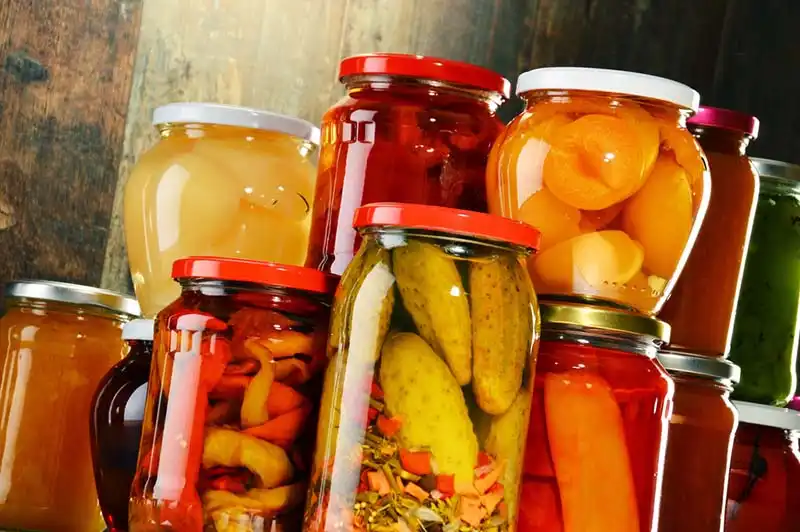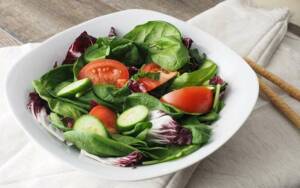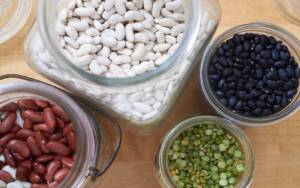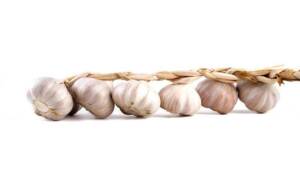Pickled vegetables have been a staple in many cultures for centuries and are known for their tangy flavor and crunchy texture. But, did you know that they also offer numerous health benefits? In this article, we will explore the reasons why pickled vegetables are great for your health and why you should consider incorporating them into your diet.
What are Pickled Vegetables?
Pickled vegetables are vegetables that have been preserved in a mixture of vinegar, salt, and spices. This mixture acts as a preservative, allowing the vegetables to last for a long period of time. The pickling process also enhances the flavor and texture of the vegetables, making them a popular addition to many meals.
The Health Benefits of Pickled Vegetables
- Boosts Gut Health: One of the most significant benefits of consuming pickled vegetables is the improvement in gut health. The vinegar used in the pickling process is a natural probiotic, meaning it contains healthy bacteria that can improve the balance of bacteria in your gut. This can help to prevent digestive issues and improve overall gut health.
- High in Nutrients: Pickled vegetables are rich in vitamins and minerals, including vitamins A, C, and K, as well as iron and calcium. By incorporating pickled vegetables into your diet, you can increase your daily nutrient intake and support a healthy, balanced diet.
- Supports Weight Loss: Pickles are a low-calorie, high-fiber food, making them perfect for weight loss. The fiber content helps you feel full for longer, reducing the need to snack on unhealthy foods.
- Lowers Blood Pressure: The high levels of potassium found in pickled vegetables can help to lower blood pressure, reducing the risk of heart disease and stroke.
- May Reduce Inflammation: The vinegar used in the pickling process has been shown to have anti-inflammatory properties, helping to reduce inflammation throughout the body. This can help to improve overall health and prevent chronic conditions such as arthritis.
The Different Types of Pickled Vegetables
There are many different types of pickled vegetables, including cucumbers, carrots, beets, and peppers. Each type offers its own unique flavor and nutritional benefits, making it easy to find a pickled vegetable to suit your taste preferences.
How to Incorporate Pickled Vegetables into Your Diet
- As a Snack: Pickled vegetables make for a crunchy and flavorful snack, perfect for those looking for a healthy alternative to junk food. Simply grab a jar of your favorite pickled vegetables and enjoy as a standalone snack or with crackers or hummus.
- In Salads: Add some crunch and tang to your salads by incorporating pickled vegetables. The acidity of the pickling liquid can help to enhance the flavor of the salad and provide a healthy dose of vitamins and minerals.
- In Sandwiches: Give your sandwiches a flavor boost by adding pickled vegetables. The tangy flavor complements many different types of sandwiches, including turkey, chicken, and tuna.
- In Stir-Frys: Add some crunch and flavor to your stir-frys by incorporating pickled vegetables. They can also add a splash of color to your dish, making it visually appealing.
Conclusion
Pickled vegetables offer numerous health benefits and can be easily incorporated into your diet. Whether you enjoy them as a snack, in salads, sandwiches, or stir-frys, pickled vegetables are a delicious and nutritious addition to any meal. So, next time you’re at the grocery store, grab a jar of pickled vegetables and enjoy!





